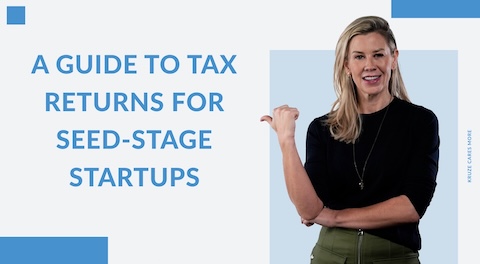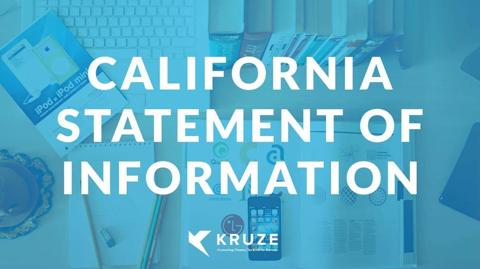
There’s a good reason startups pay more in social security taxes, including payroll taxes, earlier in the year than they do later in the year.
It’s all related to how social security taxes work.
Social security taxes are officially known as Old Age, Survivors and Disability Insurance, or OASDI. Let’s take a look at how they apply during the year.
The Social Security Tax Cap
One important thing to know about social security taxes is that they actually cap out at the maximum taxable income set for each tax year. For instance, if someone made over $142,800 in 2021, there were no social security taxes on any dollar above that amount.
In 2022, the maximum taxable income is $147,000.
For startups that typically employee highly paid roles like engineers and sales managers, their staff members are likely to make more than $147,000 in the year. Since those employees usually eclipse that amount later in the year, in November or December, social security taxes will no longer be taken out of their paychecks, or the company’s payroll.
A startup that employs a lot of higher earners will at some point pass the social security tax cap and social security taxes will no longer be taken out. That typically occurs toward the end of the year, depending on how many high earners they employ.
The R&D Tax Credit effect
The other reason a startup’s social security taxes can go down over the course of a year is if they claim an R&D Tax Credit and they use the payroll tax offset.
In those instances, a startup may see that their payroll taxes went down on their profit and loss statement because of the R&D Tax Credit offset. But, then they use up the credit and they’re paying social security taxes once again.
Most startups are in the technology and sciences space, which involces research and development. So many startups actually do (and should) conduct the R&D Tax Credit.
If you any further questions about payroll taxes or the R&D Tax Credit, please contact us.















